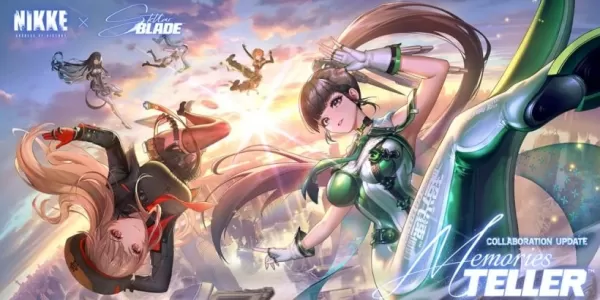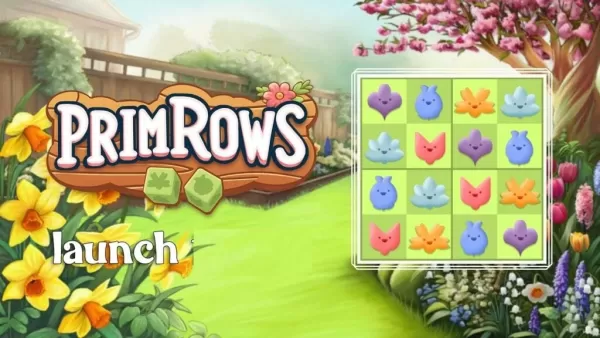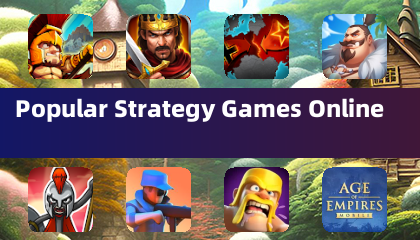Former PlayStation executive Shuhei Yoshida has expressed that he would have tried to resist Sony’s controversial push into live service video games. Yoshida, who served as President of SIE Worldwide Studios for Sony Interactive Entertainment from 2008 to 2019, shared these sentiments in an interview with Kinda Funny Games. He noted that Sony was well aware of the risks associated with investing in live service games.
Yoshida's remarks come at a challenging time for PlayStation's live service offerings. While Arrowhead’s Helldivers 2 emerged as a standout success, selling 12 million copies in just 12 weeks and becoming the fastest-selling PlayStation Studios game ever, other live service titles have faced significant hurdles. Sony's Concord is a notable example, failing to retain players and being taken offline just weeks after its launch. The game was ultimately canceled, and its developer was shut down, marking a costly setback for Sony, with initial development costs reportedly around $200 million according to Kotaku.
The failure of Concord followed the cancellation of Naughty Dog’s The Last of Us multiplayer project. Additionally, Sony recently canceled two unannounced live service games: one being a God of War title developed by Bluepoint and another from Bend Studio, known for Days Gone.
In his interview, Yoshida, who recently left Sony after 31 years, reflected on the company's strategy. He mentioned that if he had been in the position of Hermen Hulst, the current CEO of Sony Interactive Entertainment Studio Business Group, he would have pushed back against the live service focus. Yoshida explained that while he managed budgets and allocated funds for game development, he felt that diverting resources from successful single-player titles to live service games might not have been the best move. However, he acknowledged that under Hulst's leadership, Sony provided additional resources to explore live service games without halting single-player game development.
Yoshida recognized the inherent risks in the live service genre, noting the competitive nature and the unpredictability of success. He highlighted Helldivers 2 as an unexpected triumph and emphasized the unpredictable nature of the gaming industry as one of its most exciting aspects. He expressed hope that Sony's strategy would ultimately prove successful and admitted that if he were in Hulst's shoes, he might have resisted the shift toward live service games.
In a recent financial call, Sony president, COO, and CFO Hiroki Totoki discussed the lessons learned from both the success of Helldivers 2 and the failure of Concord. Totoki admitted that Sony should have implemented development gates, such as user testing and internal evaluations, much earlier in Concord's development process. He suggested that earlier intervention could have allowed for improvements before the game's launch.
Totoki also pointed to Sony's "siloed organization" and Concord's unfortunate release timing, which coincided with the launch of the hit game Black Myth: Wukong, as contributing factors to its poor performance. He emphasized the need for smoother inter-departmental collaboration and better timing of game releases to avoid cannibalization and maximize performance.
During the same call, Sony senior vice president for finance and IR Sadahiko Hayakawa compared the launches of Helldivers 2 and Concord, stating that the lessons learned would be shared across Sony's studios. He highlighted the importance of enhancing development management and post-launch content expansion to strengthen Sony's live service game offerings. Hayakawa also underscored Sony's strategy to balance its portfolio with both single-player games, which have a higher predictability of success, and live service games that offer potential upside despite the risks involved.
Looking ahead, Sony continues to work on several live service titles, including Bungie’s Marathon, Guerrilla’s Horizon Online, and Haven Studio’s Fairgame$.

 LATEST ARTICLES
LATEST ARTICLES 










